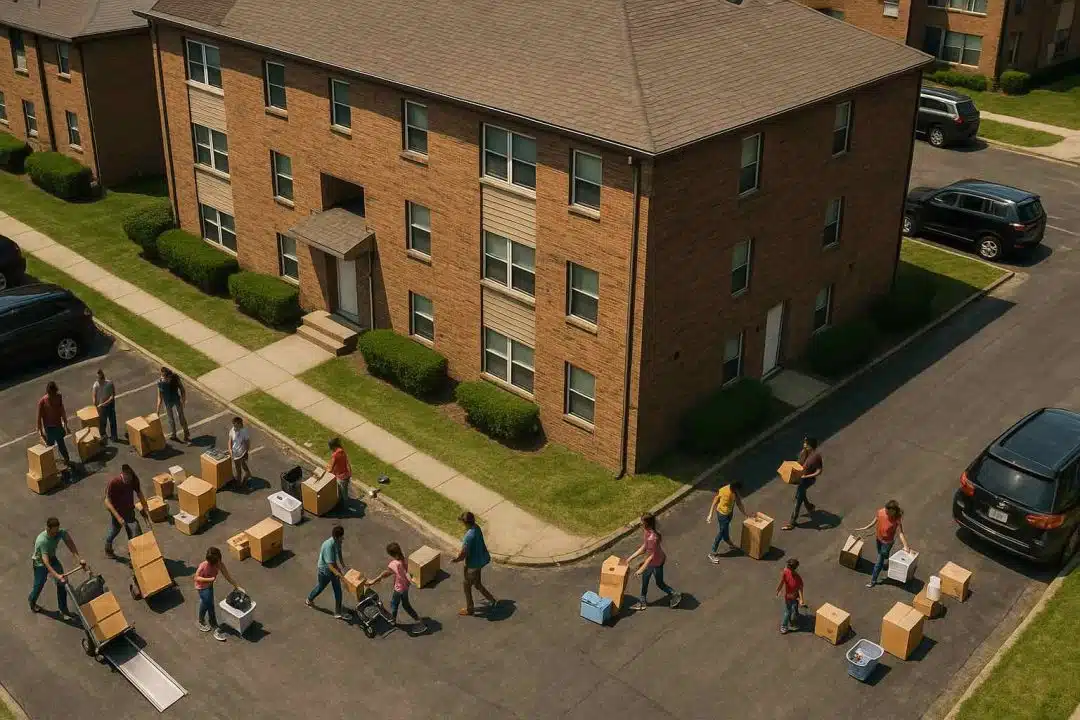
Millions of low-income renters could lose vital housing support under the Trump administration’s proposed 2026 federal budget, which aims to slash rental assistance funding by 40%.
What the proposed budget changes
The 2026 proposal would dramatically alter the federal Section 8 Housing Choice Voucher program. Instead of direct federal funding for rental assistance, the plan shifts responsibility to states through block grants.
States would be given broad discretion to manage the aid but could impose strict time limits. Under the current draft, able-bodied adults could face a two-year maximum limit on receiving rental assistance.
How many renters could be impacted
According to housing advocates, up to 2 million Americans could lose assistance if the proposal is enacted. HUD’s current Section 8 program supports more than 2.3 million households nationwide.
Analysts warn that under block grant systems, funding often shrinks over time and varies widely between states, leading to unequal access to affordable housing.
“These cuts would devastate renters and could trigger a spike in homelessness across the country,” said Diane Yentel, president of the National Low Income Housing Coalition.
Why states are concerned
State housing authorities worry that block grants would shift the financial burden onto already strained local budgets. Without federal guarantees, many states may reduce benefits or limit the number of families served.
Critics also note that low-income renters in high-cost areas could suffer the most if funding levels fail to reflect local rent conditions.
Impact on the housing market
Housing experts predict that reduced Section 8 support could destabilize rental markets in vulnerable communities. Without reliable vouchers, landlords may hesitate to rent to low-income tenants, shrinking affordable housing options.
Meanwhile, housing waitlists, which already span years in many cities, would likely grow even longer.
Next steps in the budget process
The proposed budget is not final. It must pass through congressional appropriations committees and face negotiations before becoming law. Opposition is expected from both Democratic leaders and some moderate Republicans concerned about rising homelessness rates.
Public hearings and advocacy efforts are expected to intensify throughout the summer.
What renters should do now
Current Section 8 recipients are encouraged to:
- Stay in close contact with local housing authorities.
- Monitor official HUD communications.
- Engage in advocacy efforts if possible, contacting local representatives.
Even if the proposal does not pass in full, future changes to rental assistance funding remain possible. Check out the official Section 8 website for the latest information.
